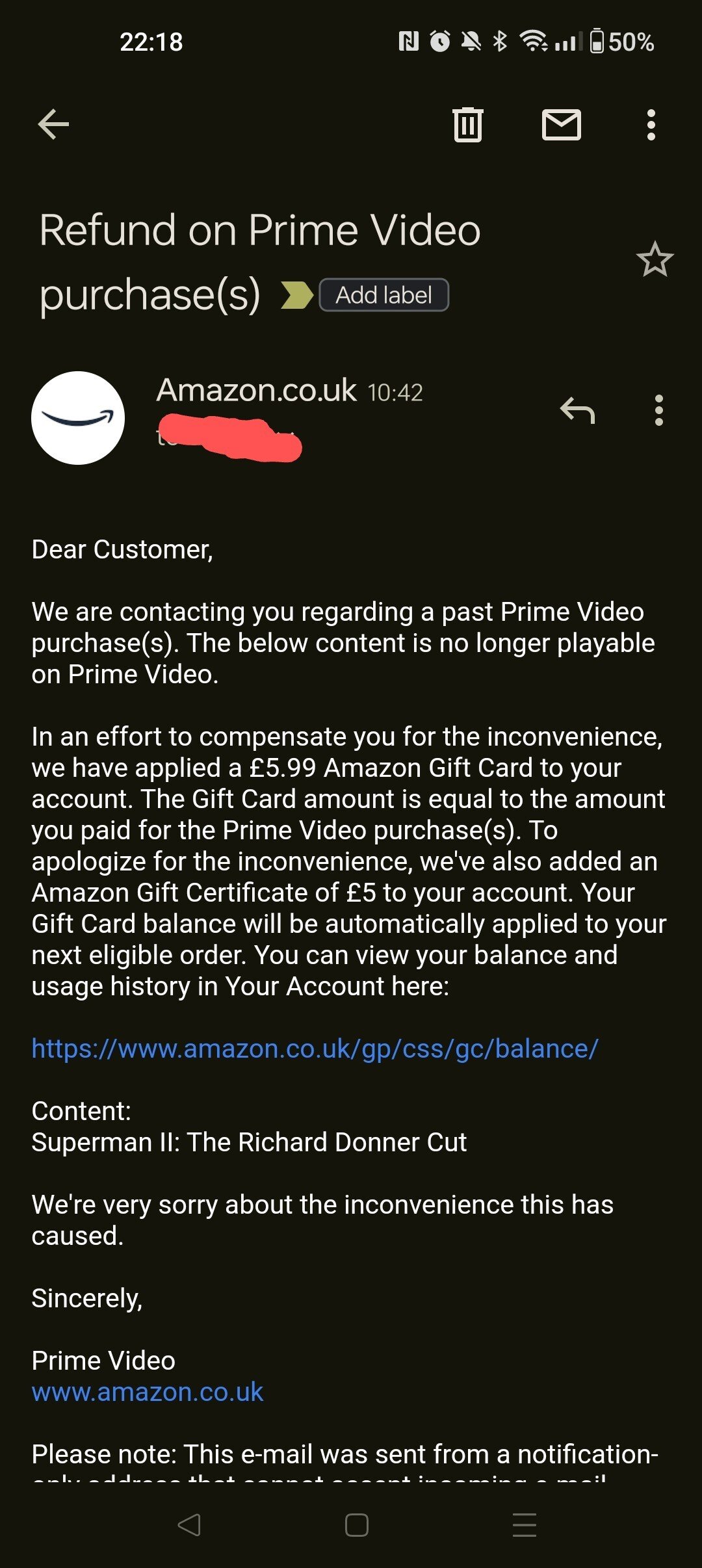this post was submitted on 03 Oct 2023
1834 points (97.7% liked)
Technology
69156 readers
3034 users here now
This is a most excellent place for technology news and articles.
Our Rules
- Follow the lemmy.world rules.
- Only tech related news or articles.
- Be excellent to each other!
- Mod approved content bots can post up to 10 articles per day.
- Threads asking for personal tech support may be deleted.
- Politics threads may be removed.
- No memes allowed as posts, OK to post as comments.
- Only approved bots from the list below, this includes using AI responses and summaries. To ask if your bot can be added please contact a mod.
- Check for duplicates before posting, duplicates may be removed
- Accounts 7 days and younger will have their posts automatically removed.
Approved Bots
founded 2 years ago
MODERATORS
you are viewing a single comment's thread
view the rest of the comments
view the rest of the comments

Paying 0.99 per song was how a better user experience? Music piracy was pretty big till Spotify. No service was even close before.
Being able to easily purchase a single song from a reputable source in the comfort of your home instead of going out to physically buy an entire album and then rip it to your computer was a better user experience, yes. Most users are technologically illiterate, and trying to pirate stuff just lead to them getting viruses.
Because you were guaranteed that what you were downloading was what it said it was, and was high quality, and would have the correct tagging and album art and all of that.
It's been shown repeatedly that a large part of piracy isn't about cost, it's about convenience. It was easier to pay $0.99 and get what you wanted when you wanted it, than download 8 files off of Napster and hope that one of them was actually a decent bitrate and was the song the title said it was.
Back when eMule was a thing, it was super common to spend an entire day downloading a 700MB video file at 5kb/s, only for it to be Fight Club instead of whatever you thought you were downloading. It's the same thing with music.
"We think there is a fundamental misconception about piracy. Piracy is almost always a service problem and not a pricing problem. If a pirate offers a product anywhere in the world, 24 x 7, purchasable from the convenience of your personal computer, and the legal provider says the product is region-locked, will come to your country 3 months after the US release, and can only be purchased at a brick and mortar store, then the pirate's service is more valuable."
-Gabe Newell
Sauce: http://web.archive.org/web/20120307035423/http://www.escapistmagazine.com/news/view/114391-Valves-Gabe-Newell-Says-Piracy-Is-a-Service-Problem
Music piracy was big till spotify apprared. iTunes had a limited selection, music remixes, small band stuff were not available. iTunes only had what Sony and some other music distributors supplied. I understand what you are saying but still, piracy was there and iTunes was not primary source. Spotify came and now music piracy is basically limited to high quality audio albums which is a niche market.
Or, with Napster, the person you're downloading from signs off when you're 40% done with the download.
Kazaa/Gnutella era: it says porn on the filename, but there's no previews and it turns out to be CSAM. Thanks for the trauma, now I'm gonna run
shred...If you have the local MP3 file you can do just about anything you want with it. Use it in just about any device. Transfer it anywhere. And never lose it.
I have Mp3s that are over 20-30 years old and have never needed to get them again.
And yes I go to piracy almost immediately if I can't get a local file. Just because of how many different ways i've used them over the years.